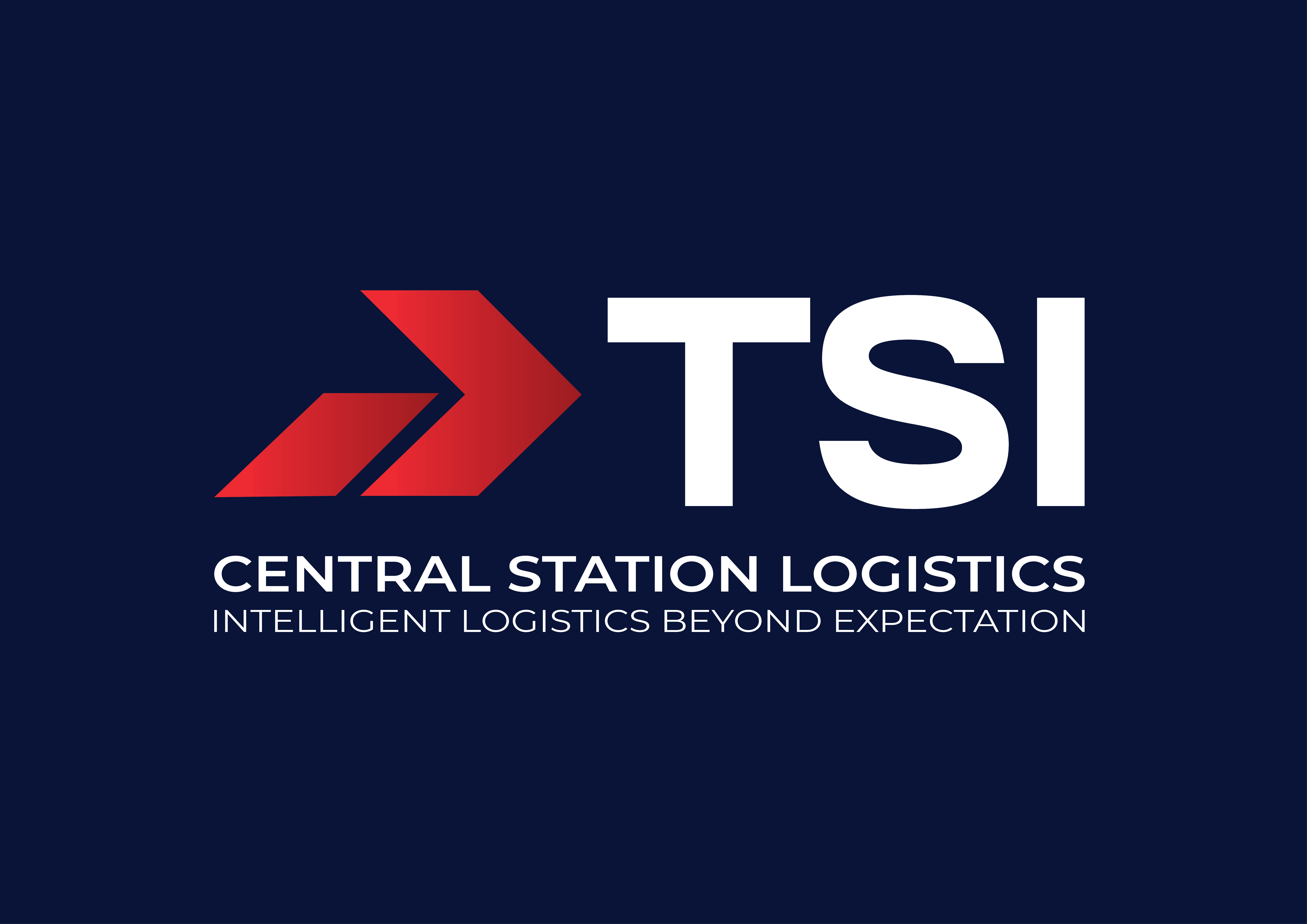
You might have heard the term ‘TIR’ being used a little more frequently recently. TIR stands for Transport Internationaux Routiers system and it is a United Nations convention that makes it possible for goods to be shipped from a country of origin, through transit countries, to the destination country. The goods are able to be transported in sealed load compartments that are controlled by customs and are in line with a multilateral and mutually recognized system, which ultimately means there are limited physical checks.
What You Need to Know About TIR
Currently, around 76 contracting parties are using TIR, and there are approximately one million TIR carnets being issued each year to over 10 000 transport and logistics companies. There are also 80 000ntrucks operating under the TIR system across the world on a monthly basis, and for them, this means that they can use a single international guarantee from the start of a journey to the end.
“TIR streamlines procedures at borders, reducing the administrative burden for customs authorities and for transport and logistics companies. It cuts border waiting times significantly, saving time and money” explains the IRU, administers of TIR.
Why South Africa is Being Urged to Adopt the System
At the moment, no countries in Africa are making use of TIR, apart from a few countries on the north of the continent. One of the main challenges in sub-Saharan Africa is the lack of regional transit system, which makes border crossings difficult.
“As a global and secure transit system, TIR could harmonise transport and transit in this region, in particular for the north–south corridor” says IRU TIR and transit services senior adviser Kazem Asayesh. In addition to these benefits, the cost of transport and travel time could also be reduced under the TIR system.
In order for the system to take off and work in Africa, a champion is needed to start the process of adopting it. Once South Africa joins, experts believe that other countries will follow suit.
We look forward to seeing what the South African authorities will do when it comes to TIR. The benefits for the logistics industry could be significant. Stay tuned!
Get in touch HERE


